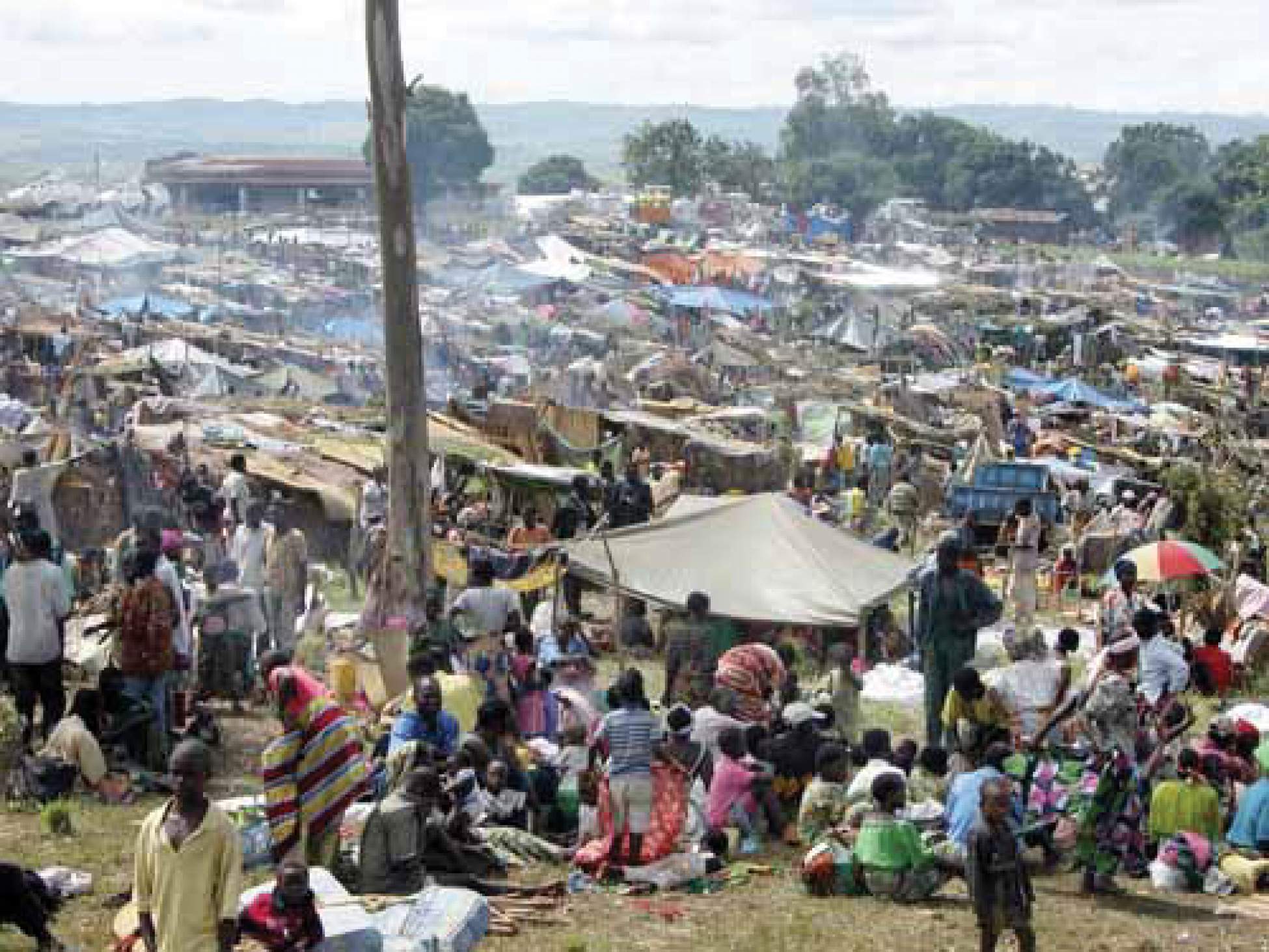According to the World Food Programme, the above stat is true.
Verge often highlights the work being done in international development, as well as disaster relief (see our piece on humanitarian aid efforts following the Haiti earthquake in the spring/summer 2010 issue, or our piece on Thailand five years after the tsunami), so - since today is the International Day for Disaster Reduction - we thought we would salute the work being done not just to respond to natural disasters, but to prevent them.
Since children are the most vulnerable during disasters, Plan Canada offers disaster risk reduction and response community projects in areas around the world, all of which target children. In Indonesia, for example, Plan Canada is preparing kids for earthquakes through the use of simulations and by arming them with "preparedness bags."
The World Food Programme (WFP), meanwhile, provides vulnerability assessments in relation to food security, which aid in the development of government policies to prevent and mitigate disasters. And when the WFP responds to natural disasters, part of their relief work involves risk mitigation components, like raising houses in flood areas.
Lastly, the UN's International Strategy for Disaster Reduction is committing 2010 and 2011 to "making cities resilient," by encouraging cities to actively increase their resiliency to disasters. As of today, 120 cities are on board.
We can't completely prevent natural disasters, but we can prepare ourselves so that the costs are significantly lessened. Are there any other organizations, individuals or campaigns that are making strides to help communities reduce the risk of disasters? Let us know!
Add this article to your reading list



